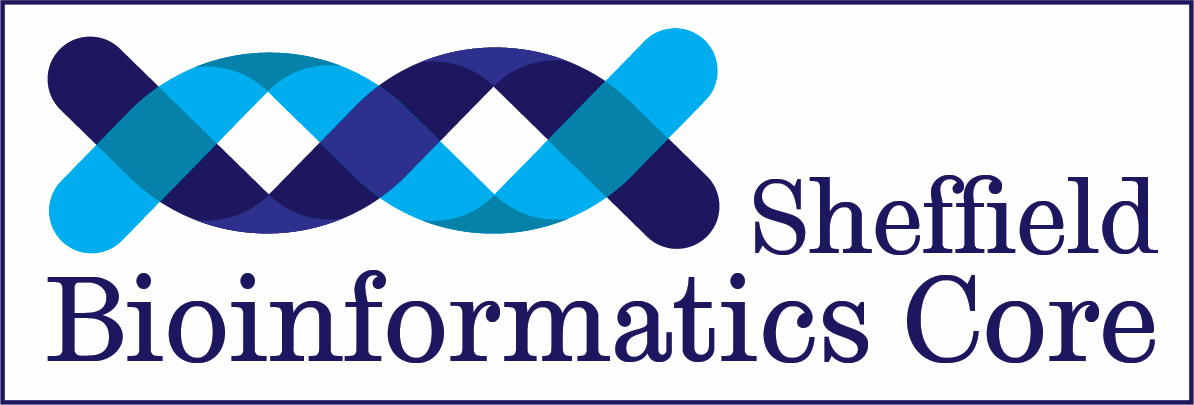This course provides a refresher on the foundations of statistical analysis. The course is aimed at scientists at all levels – especially those whose formal education likely included statistics, but who have not perhaps put this into practice since. The focus of the course is on understanding the principles behind statistical testing, how to choose and execute the most appropriate test for your data, and how to interpret the result.
Note that you will need to be familiar with R to access this course. Please see our latest introductory course on using R to check if you have sufficient background https://sbc.shef.ac.uk/training/r-introduction-2023-02-29/
The course is aimed primarily at scientists at all levels – especially those whose formal education likely included statistics, but who have not perhaps put this into practice since.
1) First, install both R and RStudio for your operating system.
Install R by downloading and running this .exe file from CRAN. Also, please install the RStudio IDE. Note that if you have separate user and admin accounts, you should run the installers as administrator (right-click on .exe file and select “Run as administrator” instead of double-clicking). Otherwise problems may occur later, for example when installing R packages.
Install R by downloading and running this .pkg file from CRAN. Also, please install the free RStudio IDE
You can download the binary files for your distribution from CRAN. Or you can use your package manager (e.g. for Debian/Ubuntu run sudo apt-get install r-base and for Fedora run sudo yum install R). Also, please install free the RStudio IDE.
2) Type the following into the R console to install some extra R packages required for the workshop
install.packages("dplyr")
install.packages("ggplot2")
install.packages("readr")
install.packages("rmarkdown")
install.packages("tidyr")
Mac Users may get the following error message when trying to install these packages
xcrun error: inactive developer path (/Library/Developer/CommandLineTools), missing xcrun at:.....
If this is the case, you will need to follow the instructions from this link to install “Xcode”
Window users might get a message that Rtools is required. This shouldn’t be necessary, but you might need it for other packages. It can be installed here:-
https://cran.r-project.org/bin/windows/Rtools/
For queries relating to collaborating with the Bioinformatics Core team on projects: bioinformatics-core@sheffield.ac.uk
Join our mailing list so as to be notified when we advertise talks and workshops by subscribing to this Google Group. You can also connect with us on Linkedin.
Requests for a Bioinformatics support clinic can be made via the Research Software Engineering (RSE) code clinic system. This is monitored by Bioinformatics Core staff, so we will ensure the appropriate expertise (which may involve individuals from multiple teams) will be available to help you
Queries regarding sequencing and library preparation provision at The University of Sheffield should be directed to the Multi-omics facility in SITraN or the Genomics Laboratory in Biosciences.
